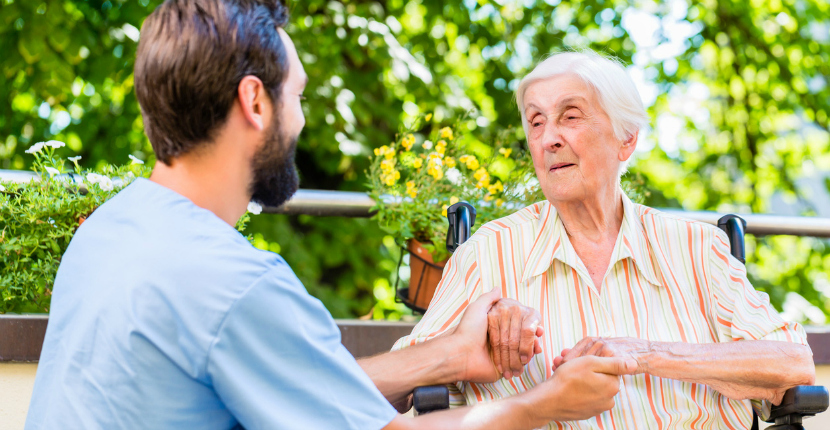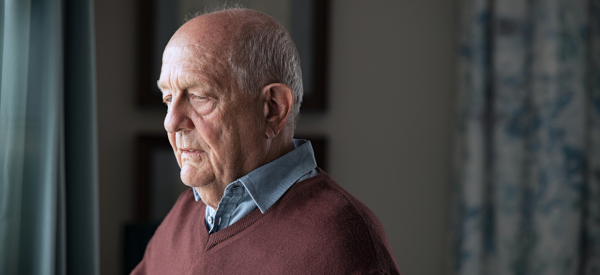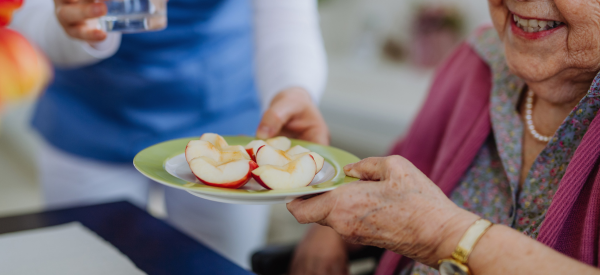Most of the time when we think of a caregiver, we imagine a woman in her late 50s or 60s taking care of a parent or spouse who has mobility issues, a medical condition or serious illness.
But today, there are a surprising number of men who have taken on the role as caregiver. It’s becoming more common to see a 47-year-old male caring for his 68-year-old female relative with a long-term physical condition, according to the AARP.com. In fact, 40 percent of Americans caring for another friend or family member are male.
With so many men taking on a “traditional female role” why is this phenomenon still so hard to imagine in 2017? Freedom Home Care came across a few reasons why this may be.
Challenges for Men in this Role
While many male caregivers are shouldering the same responsibilities that women do, there are some challenges men face talking about it. Studies show that even if they’re feeling stressed or burned out, many times men have a tough time processing their feelings or discussing them with anyone else.
Because so few people are aware of the growing numbers of men who care for their loved ones, often times male caregivers don’t get the help or support that they need. “Peer support is absolutely critical,” says Edwin Walker, caregiver and deputy assistant secretary for aging at the U.S. Department of Health and Human Services.
Along with the issue of opening up for support, it’s also common for men, just like women, to feel unprepared to take on caregiving – feeling out of their comfort zone. And typically, women are more likely to be the nurturer in a family unit – a common trait of most caregivers.
Other studies suggest that men may also be less comfortable providing in-home care or personalized elder care when it comes to loved ones. This may have to do with a lack of experience in other caregiving roles, like changing a baby’s diaper or taking care of a sibling.
What to do to Help
Some things that male care givers should keep in mind is that asking for help is essential in avoiding caregiver burn-out. There are many social services available to men who care for loved ones. This way, they get the breaks they need to return to their duties rested and fully recharged.
Male caregiver should understand that no one in their shoes goes into caregiving “prepared” for the ups and downs that go along with the job. Experts say, there’s no better experience as on-the-job training in caregiving. Things also tend to get easier with time.
Finally, men should keep in mind that support doesn’t always mean asking for help. Many male caregiver support groups may schedule times to do activities together or even just hang out with others in similar roles. They say there’s comfort in knowing that someone understands what you’re going through.




